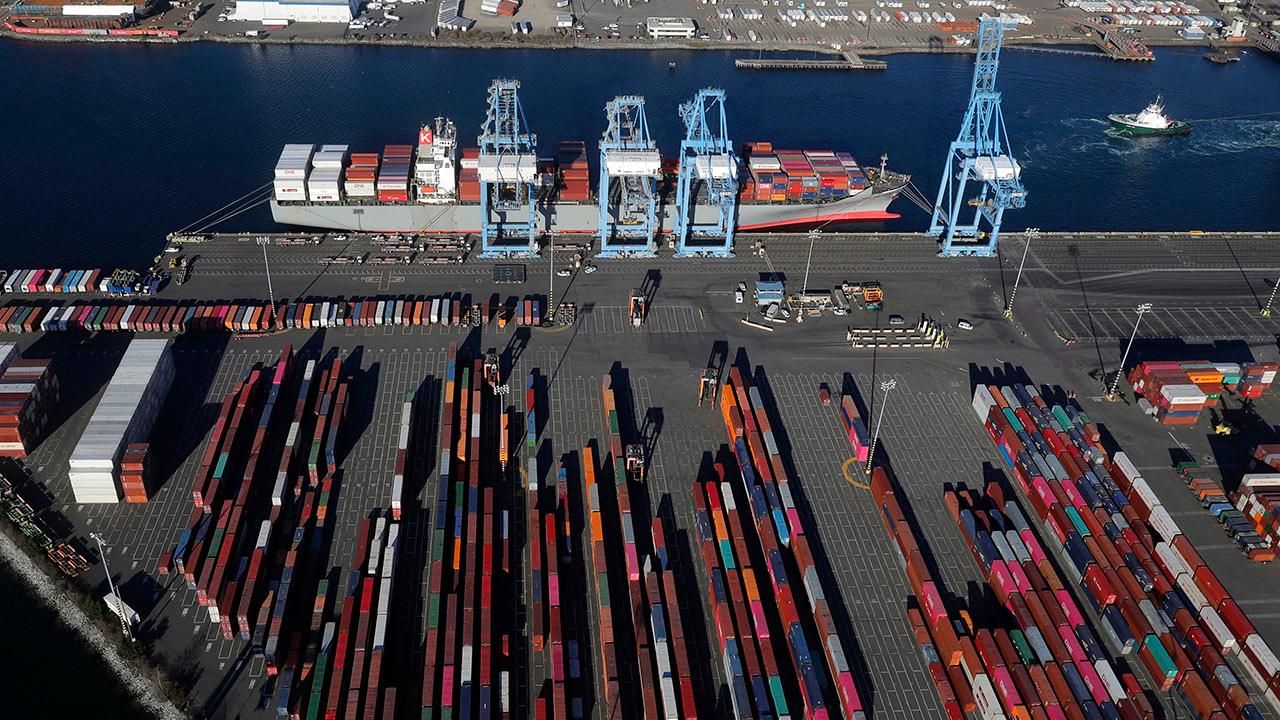By Andrew O'Reilly
Sen. Lindsey Graham, R-S.C., said on Sunday that Democrats should not criticize President Trump for taking on China over trade as they have complained for years about Beijing’s policies but done nothing.
“Every Democrat and every Republican of note has said China cheats,” Graham said on CBS News’ “Face the Nation.”
“The Democrats for years have been claiming that China should be stood up to, now President Trump is and we’ve just got to accept the pain that comes with standing up to China.”
Graham added: “To my Democratic colleagues: he’s doing the things you’ve been calling for all these years.”
Graham’s comments come as President Trump faced a tense reception from his counterparts on the world stage as they gathered in a French beach resort for the Group of Seven summit.
President Trump suggested during a breakfast meeting with United Kingdom Prime Minister Boris Johnson that he harbored qualms about the spiraling conflict.
Graham added: “To my Democratic colleagues: he’s doing the things you’ve been calling for all these years.”
Graham’s comments come as President Trump faced a tense reception from his counterparts on the world stage as they gathered in a French beach resort for the Group of Seven summit.
President Trump suggested during a breakfast meeting with United Kingdom Prime Minister Boris Johnson that he harbored qualms about the spiraling conflict.
"Yeah. For sure," he told reporters when asked if he had any second thoughts about ramping up tariffs on China after Beijing imposed new tariffs to retaliate against earlier tariff moves by the U.S.
Then hours later, however, White House Press Secretary Stephanie Grisham issued a statement saying the news media had "greatly misinterpreted" President Trump's response.
Grisham said the president only responded "in the affirmative -- because he regrets not raising the tariffs higher."
President Trump had been trying to use the summit to rally the other leaders to do more to stimulate their economies, as fears rise of a potential slowdown in the U.S. before he stands for reelection in November 2020.

The meetings come days after President Trump responded to China's announcement Friday that it would slap new tariffs on $75 billion in American goods with more tariffs of his own.
President Trump had been trying to use the summit to rally the other leaders to do more to stimulate their economies, as fears rise of a potential slowdown in the U.S. before he stands for reelection in November 2020.

The meetings come days after President Trump responded to China's announcement Friday that it would slap new tariffs on $75 billion in American goods with more tariffs of his own.
President Trump also issued an extraordinary threat to declare a national emergency in an attempt to force U.S. businesses to cut ties with China.
Graham on Sunday did admit that the trade war would hurt some of his constituents – saying “consumer prices on commodities are going to go up” – but called it a necessary evil to take on Beijing.
“Until [the Chinese] feel the pain they’re not going to stop,” he said.
Graham on Sunday did admit that the trade war would hurt some of his constituents – saying “consumer prices on commodities are going to go up” – but called it a necessary evil to take on Beijing.
“Until [the Chinese] feel the pain they’re not going to stop,” he said.
“They never will until they feel a heavier price.”
/cdn.vox-cdn.com/uploads/chorus_image/image/64897680/1150820715.jpg.0.jpg)

